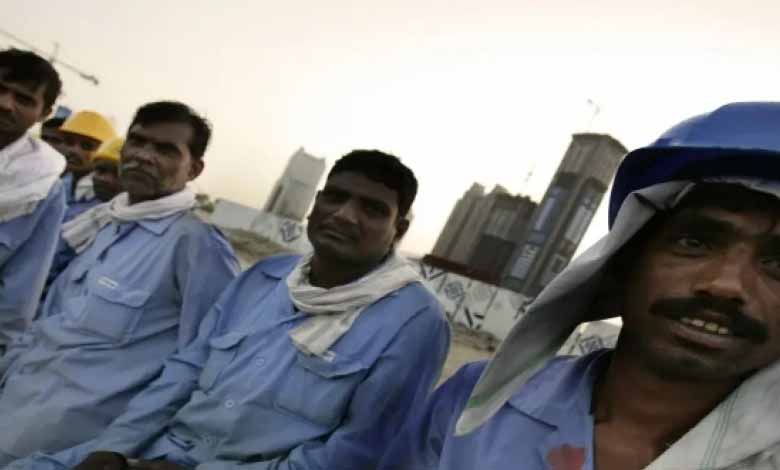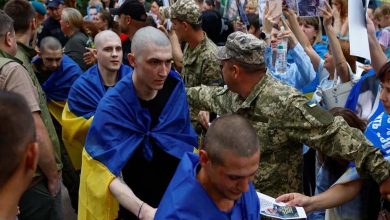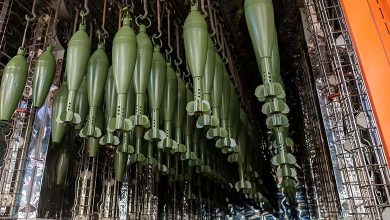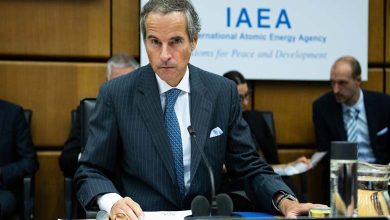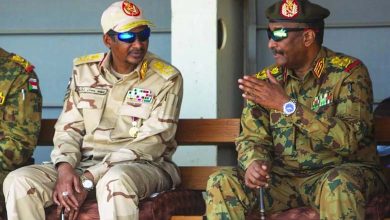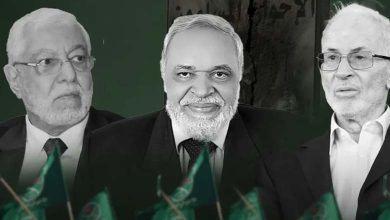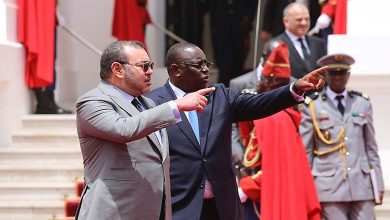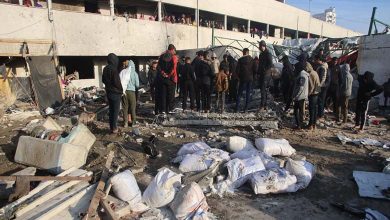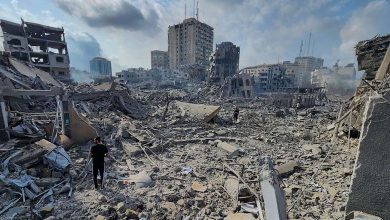Arbitrary detention and racial discrimination… Qatar’s abuses against African workers

“As the World Cup begins in Doha, the crisis over Qatar’s abuses of migrant workers on its soil has once again come to the fore, with a human rights group accusing the Qatari government of crimes against migrant workers of African descent”.
According to the human rights report prepared by the Maastricht Foundation for Peace, Development and Human Rights, entitled “Workers of African descent in Qatar.. Victims Without Rights”, said that Qatar’s Ministry of Administrative Development imposes administrative restrictions that undermine all reforms made by Doha to the sponsorship system and make it “ink on paper”, calling on Doha to sign the International Convention on the protection of migrant workers and members of their families.
The report highlighted violations ranging from arbitrary detention to racial discrimination as well as violations related to the kafala system, despite the recent reforms introduced by Qatar to the sponsorship system, but considered that “this flawed system has become a dead letter due to administrative restrictions that are still imposed by the Ministry of Administrative Development, Labor and Social Affairs (Ministry of Labor), in addition to other violations related to wages and obstacles to access to justice for migrant workers, including those of African descent, and finally the prohibition of the right to form associations and unions for migrant workers in Qatar”.
He added: “The Qatari government has detained migrant workers, including nearly 100,000 African migrant workers, for reasons related to absconding, which is directed at migrant workers for threatening and preventing them from changing their jobs by their employers as desertion is a criminal offense in Qatar, in contravention of its reforms to the kafala system under the Technical Cooperation Agreement with the International Labor Organization (ILO), as well as workers who have exercised their right to freedom of opinion and expression guaranteed under the International Covenant on Civil and Political Rights, which Qatar ratified on 22 May 2018“.
- Qatar’s funding of IRGC in support of Iranian terrorist project
- Report: Washington investigates Qatar’s alleged funding of Iran’s Revolutionary Guard
The report focused on the arbitrary detention of Malcolm Bidali, a Kenyan activist and blogger who was a security member of the Services Security Group (Certies) and who was arrested by the Qatari security forces on 4 May 2021, taken to an unknown location incommunicado and denied access to a lawyer, and held incommunicado for nearly a month in contravention of Rules 44 and 45 of the United Nations Standard Minimum Rules for the Treatment of Prisoners (Nelson Mandela Rules). He was charged with receiving funds from a foreign entity to spread misinformation in the State of Qatar, and despite Bidali’s departure from Qatar on 16 August 2021, after international organizations paid him a fine of over US$25,060.
He stressed that there is still an urgent need to investigate the incident of his detention, especially the insults he was subjected to in the Qatari State Security Service, and to compensate him for the period he spent in solitary confinement.
He also referred to the complaint sent by the Maat Foundation to the special procedures of the United Nations, in which it called for exerting pressure on the Qatari authorities to investigate the incidents of detention of migrant workers, including the shameful incident of the detention of the Kenyan blogger Malcolm Bidali, in addition to ensuring the implementation of the recent reforms that Qatar initiated under the technical cooperation agreement with the International Labor Organization.
“In this context, international human rights expert and head of the Maat Foundation Ayman Okail called on the Qatari authorities to work to avoid further violations against migrant workers, including those of African descent, and to address the structural racism that these workers face while living in Qatar in line with the International Convention on the Elimination of All Forms of Racial Discrimination”.
- Qatar’s Ambassador to Egypt : Says Working to Achieve Maximum Level of Rapprochement
- America refuses to respond to Qatar’s request to buy armed drones
Okail called on the Qatari authorities to speed up accession to the International Convention on the Protection of All Migrant Workers and Members of Their Families, and to harmonize national legislation with international treaties and conventions to which Qatar is committed, and the Qatar National Vision 2030, which considers migrant workers an indispensable element in the economic development of the country.
Sherif Abdul-Hamid, director of research and studies at Maat, said: The Shura Council elected in Qatar last October should play its role in revising laws and legislation that contravene Qatar’s international obligations, he said, noting that the continued administrative restrictions imposed by the Ministry of Administrative Development cancel all reforms introduced by Qatar to guarantee the rights of migrant workers.

